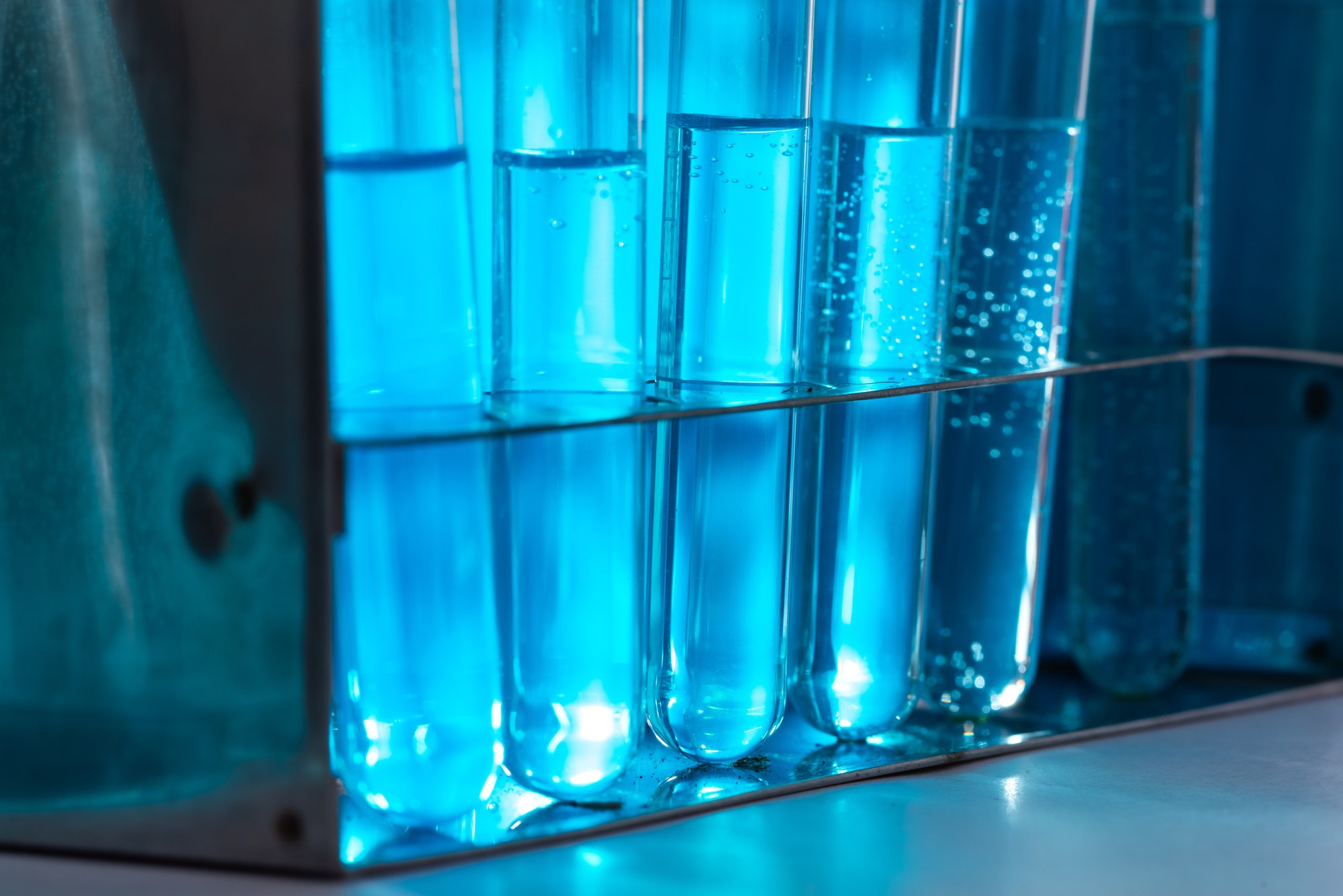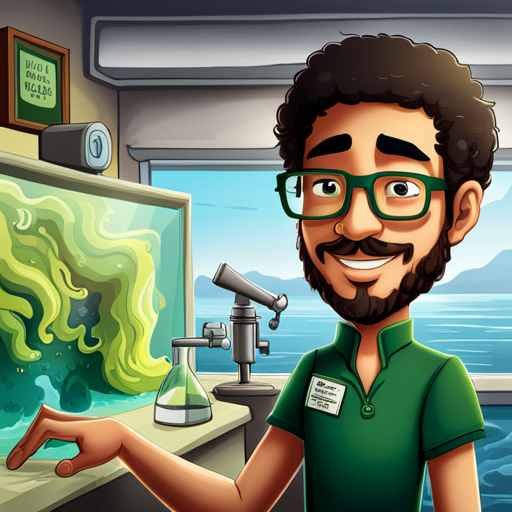Algae biomass has gained significant attention in recent years due to its potential applications in various sectors, including biofuel production, pharmaceuticals, and food industries. One of the key advantages of using algae as a raw material for bioproduct development is its ability to produce a wide range of high-value products from a single biomass source. This not only adds to the economic feasibility of algae-based processes but also contributes to the sustainability of these industries by reducing waste generation and promoting resource efficiency.
Advantages of utilizing algae biomass for bioproduct development
- Sustainable and renewable resource: Algae are photosynthetic microorganisms that can convert sunlight, carbon dioxide, and nutrients into biomass through the process of photosynthesis. This makes them a sustainable and renewable resource for bioproduct development compared to fossil fuels or other non-renewable resources.
- High growth rate: Algae have a high growth rate, which allows for rapid biomass accumulation and higher productivity compared to other plants or conventional crops. This makes them an attractive feedstock for large-scale bioproduct production.
- Non-competition with food crops: Algae can be cultivated on non-arable land or in wastewater, which does not compete with food crop production. This helps address the increasing demand for food and water resources while reducing the pressure on arable land.
- CO2 sequestration: Algae can absorb large amounts of CO2 during their growth process, which can help mitigate greenhouse gas emissions and contribute to climate change mitigation efforts.
- Wide range of high-value products: Algae are known to produce a diverse array of valuable compounds, including lipids, proteins, carbohydrates, pigments, and other bioactive molecules. These compounds can be used as raw materials for various industries, such as biofuels, pharmaceuticals, nutraceuticals, cosmetics, and food additives.
Development of Algae Bioproducts
The development of high-value products from algae biomass involves several steps, including cultivation, harvesting, and extraction or conversion processes. Some of the key bioproducts derived from algae include:
- Biofuels: Algae have a high lipid content, which can be converted into biodiesel, bioethanol, or biogas through different processes, such as transesterification, fermentation, or anaerobic digestion. Algae-based biofuels have the potential to reduce greenhouse gas emissions and provide a sustainable alternative to fossil fuels.
- Proteins: Algae are rich in proteins, which can be extracted and used as a source of nutrition for humans and animals. Some microalgae species contain essential amino acids and are considered a complete protein source. Algae-derived proteins can be used as food additives or as ingredients in the production of plant-based meat alternatives.
- Carbohydrates: Algae produce various types of carbohydrates, such as cellulose, starch, and sugars. These carbohydrates can be used in the production of bioethanol or other biopolymers and biomaterials.
- Pigments: Algae are known for their unique pigments, such as chlorophyll, carotenoids, and phycobiliproteins. These pigments have applications in the food, cosmetics, and pharmaceutical industries due to their antioxidant, anti-inflammatory, and anti-cancer properties.
- Bioactive compounds: Algae produce a variety of bioactive compounds with potential therapeutic applications. These include omega-3 fatty acids, antioxidants, vitamins, minerals, and other molecules with potential health benefits.
In conclusion, algae biomass offers a promising source for the development of high-value bioproducts due to its sustainability, rapid growth rate, and diverse range of valuable compounds. As research advances in this field and efficient cultivation, harvesting, and processing technologies are developed, algae-based bioproducts can contribute significantly to the transition towards a green and sustainable economy.


